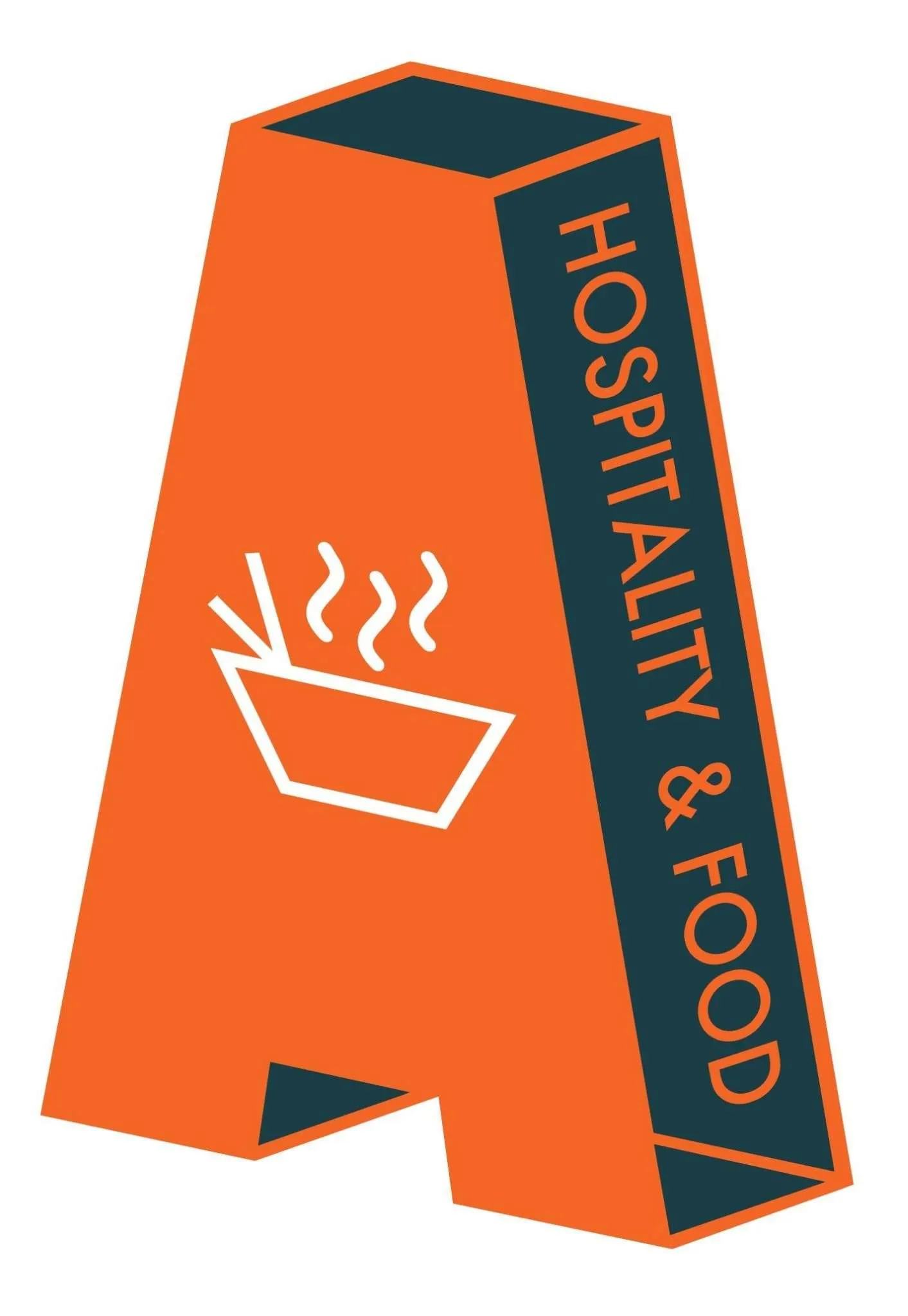
For Bar Manager Degree Apprentices
For Bar Manager Degree Apprentices
Advance your career as a Bar Manager with a national framework of qualifications level 7 degree in bar management.
"The Irish bar trade is synonymous across the world with great service and superb personal engagement. This is all thanks to the people in the sector. It is a people-rich and people-dependent business.
This programme is designed to assist those engaged in the sector to improve their professional skills and qualifications and, as a result, enhance their career progression. In doing that it will help to further increase the standards within the sector, the quality of service to the consumer and the reputation of the country as a truly world-class tourist destination.
The VFI fully supports this programme as a means to providing an increased pool of well-trained, suitably qualified managers and thereby facilitate the growth of individual business and the sector as a whole."
- Pat Crotty, Chief Executive Vintners’ Federation of Ireland.
Aim of the course
This programme, uniquely designed to develop competent bar managers, focuses on practical skills and real business scenarios. It aims to equip apprentices with the skills to effectively manage a successful bar, providing customers and staff with a consistent and outstanding experience. This comprehensive programme covers all the essential skills required to operate a successful bar business, with a strong emphasis on their practical application.
From legal regulations to finance, marketing, sustainability and human resources, apprentices will gain the knowledge and expertise necessary to thrive. With a strong focus on management, food and beverage services, communication, and personal development, apprentices will be equipped with the tools not only to manage a bar but also to grow as individuals and excel in every aspect of bar management.
Who is the course for
- Applicants must have a minimum of one year full-time or two years part-time experience working in the bar industry.
- Employees identified by their employer as somebody who has the potential to become a senior manager and who they wish to retain and develop.
- Candidates who have successfully completed a NFQ level 5 or level 6 in hospitality or business and are seeking a pathway to advance their career.
- Individuals who have worked in the bar industry and are looking for a long-term career in management may find this opportunity appealing. This is particularly relevant for those who have just finished school.
Duration
- 3 Years
- 30 days per year
- 2 x 15-week semesters each year
Course content
Year 1
- Personal and Academic Development
- Effective Business Communication
- Food Management & Safety Operations
- Fundamentals of Finance
- Beverage Management
- Bar Operations – Stock Management
- Food Safety Fundamentals
Year 2
- Bar Regulations
- Sustainable Operations
- Marketing Management
- Managing People
- Contemporary Issues for the Bar Industry
- Operational and Financial Management
- Business Proposal Project
- Event Management
Year 3
- Management of Food Safety
- Effective Procurement
- Social Media Management
- Lean Business Strategies
- Talent Development
- Strategic Management
- Professional Perspectives on Emerging Trends
- Business Development Project
Learn more
To find out more about apprenticeships in Ireland, visit Generation Apprenticeship.
To learn more about this course and apply online, click here.


The benefits for apprentices of engaging with the apprenticeship are typically but not limited to:
- Security of employment
- Earning while you are learning
- Successful candidates receive a National Framework of Qualifications Level 7 BA in Bar Management
- Enhanced skill set
- Pathway to higher-paid role
- Lifetime portfolio to evidence personal achievements
Apprentices are required to be willing to:
- Commit to three years of study
- Take ownership of and manage their own learning
- Take on a senior role
- Work collaboratively with their workplace mentor and the Griffith College academic team to achieve a successful outcome for themselves and the employer organisation
- Commit to attending the classroom sessions as part of their normal working week and to treat them as an extension of the workplace
- Sign up to the Apprenticeship Code of Practice for Employers and Apprentices
All apprentices must be employed and sponsored by an employer.
Candidates for this programme must meet the following profile:
(i) Leaving certificate: 5 subjects with O6 / H7 to include English. Learners need to have foundation mathematics or a relevant FET level 5 or 6 major award with at least 4 distinctions or equivalent qualification mapped to the national framework of Qualifications (NFQ).
Alternative ways of meeting this entry requirement to ensure consistency of learner-standard joining the programme are:
(ii) A mature candidate, over the age of 23 who does not hold the above qualifications but has a minimum of 1 years of experience in the sector, are recommended by their employer and who demonstrate the right attitudes and behaviours will also be eligible to apply.
Minimum requirements for general learning
- The English language entry requirements for the programme are CEF B2+ or equivalent. Candidates with English language levels below CEF B2+ must first reach this minimum standard before enrolling on the academic programme.
A pro-rata third level student fee for the programme will apply per annum
All other tuition fees are funded by the government.
Questions? Email our Apprenticeships team or call the college at +353 1 415 0400
FAQs
An apprentice is a learner who is employed by an approved employer while studying for a qualification on the National Framework of Qualifications which uses an apprenticeship delivery framework.
An apprenticeship is an alternative method of studying for a qualification on the National Framework of Qualifications. Apprentices are employed full-time and study through a combination of learning on the job and off the job classroom sessions (typically one day a week for 30 weeks in the year).
It is a collaborative delivery between the apprentice, employer and academic provider. Apprentices earn while they are learning.
In an apprenticeship, apprentices work and are paid for a full-time role and are released by their employer from their normal paid working week to attend the classroom sessions. In a traineeship, trainees are studying full time with an unpaid work placement element.
Successful graduates will receive a Bachelor of Arts in Bar Management.
You need to be employed and your employer must be registered to deliver the apprenticeship with SOLAS (the statutory body responsible for apprenticeships). Your employer must also be willing to appoint a workplace mentor to work with you for the duration of the programme.
The apprenticeship is three years with three semesters of 14 weeks each per annum i.e. 42 weeks per annum and a requirement to attend one day a week for ten weeks of each semester.
The programme requires apprentices to attend one day a week for ten weeks for each of the three semesters i.e. 30 days in the classroom each year.
Each day is eight hours which includes an hour for lunch.
An industry-led consortium manages the programme and Griffith College who are the coordinating provider are responsible for the delivery of the programme.
You are responsible for your own learning with the support of the team to facilitate you.
In the first instance, you will need to talk to your employer. Your employer will need to be approved by SOLAS for the delivery of the apprenticeship programme. You will need to meet the programme entry requirements.
You will be supported by your workplace mentor, the module leaders who deliver each individual module and the programme director and the administrator for the programme. In addition, you will be appointed an academic success coach who will coach you throughout the whole programme ensuring you achieve academic success.
An academic success coach is a member of the academic team who is appointed to look after you for the whole two-year duration of the programme. They monitor your progress and workplace learning, providing support and advice where necessary. They will also guide you on how to resolve any issues that arise between on and off-the-job learning.
If you meet the entry requirements for the programme and you are seeking an employer, please register your interest in the programme on the Griffith College website.
It is not an entry requirement of the programme that you have IT skills however to gain the maximum benefit from the programme you will need to be able to use MS Word and Excel or equivalent and be competent in sending and receiving emails.
The advantages for apprentices are:
- You earn while you learn
- You receive a recognised qualification
- 90% of apprentices are kept on by their employer at the end of the apprenticeship
- Secure a higher paid role at the end
- Gain independence and respect and grow in confidence
The English language entry requirements for the programme are based on the Common European Framework of References for Languages (CEFR) and is set at the level CEF B2+ or equivalent.
Candidates with English language levels below CEF B2+ must first reach this minimum standard before enrolling on the academic programme.
